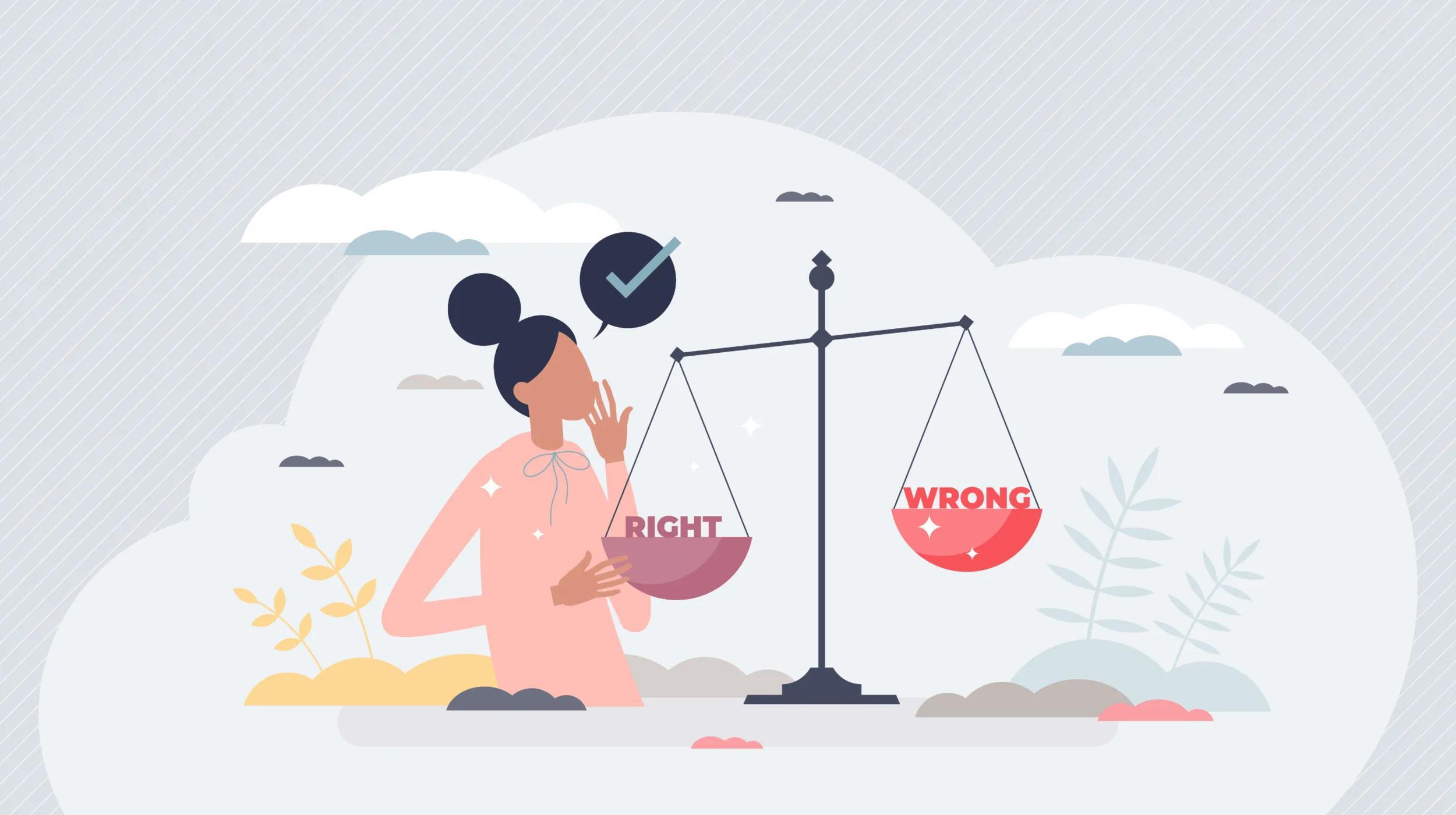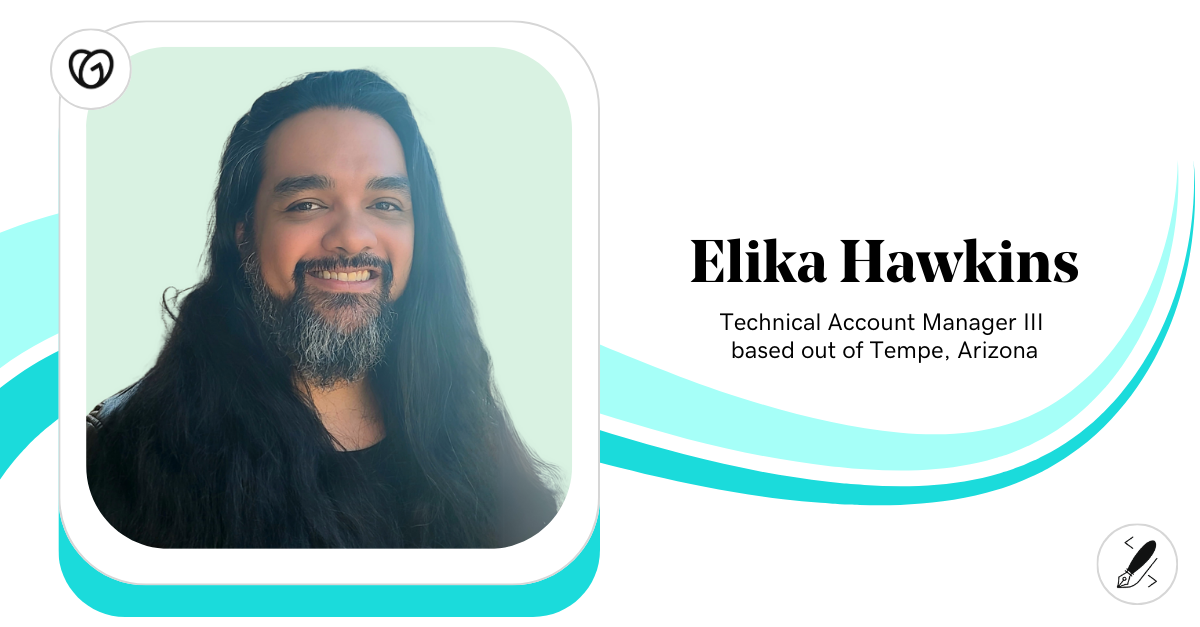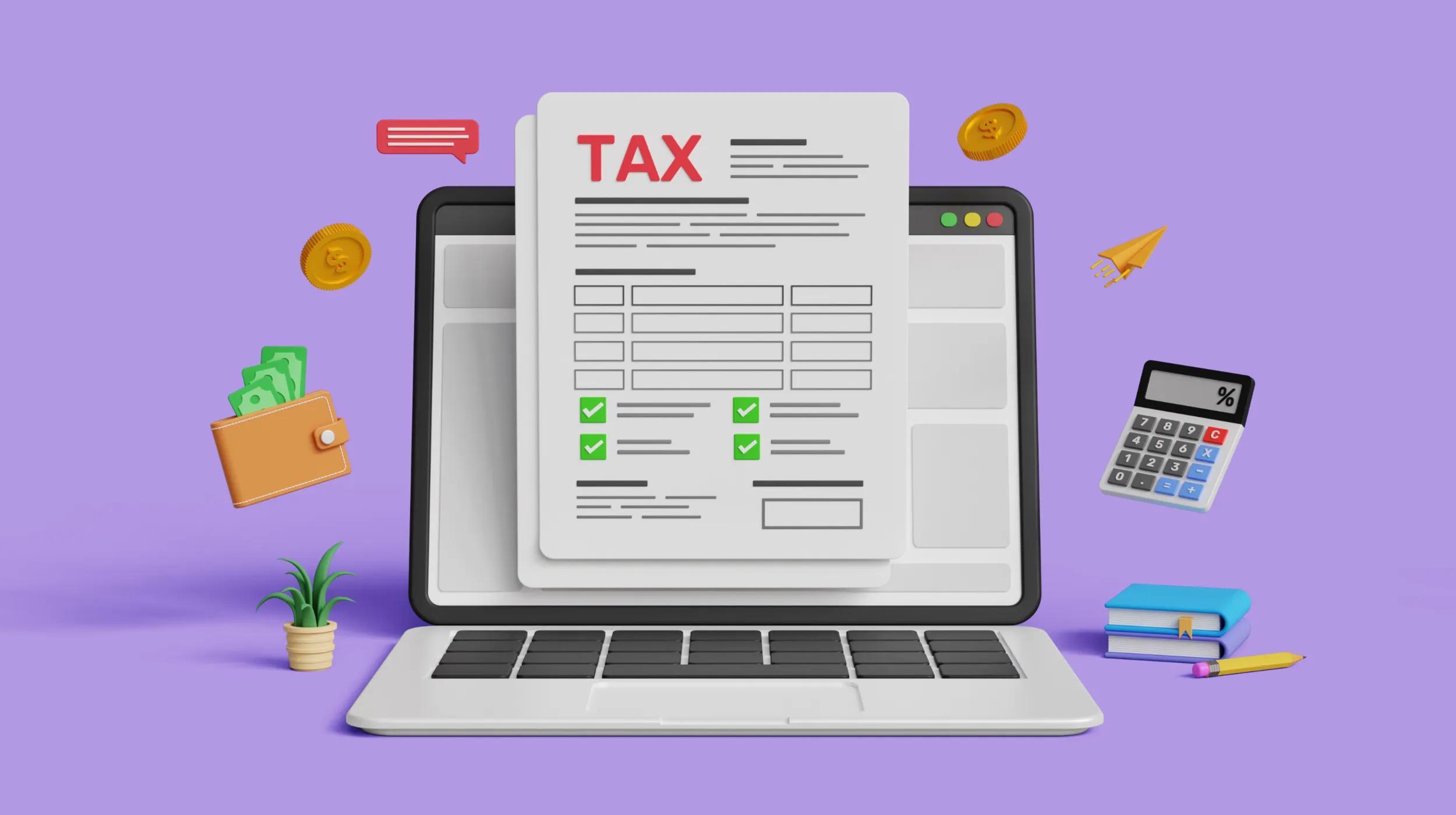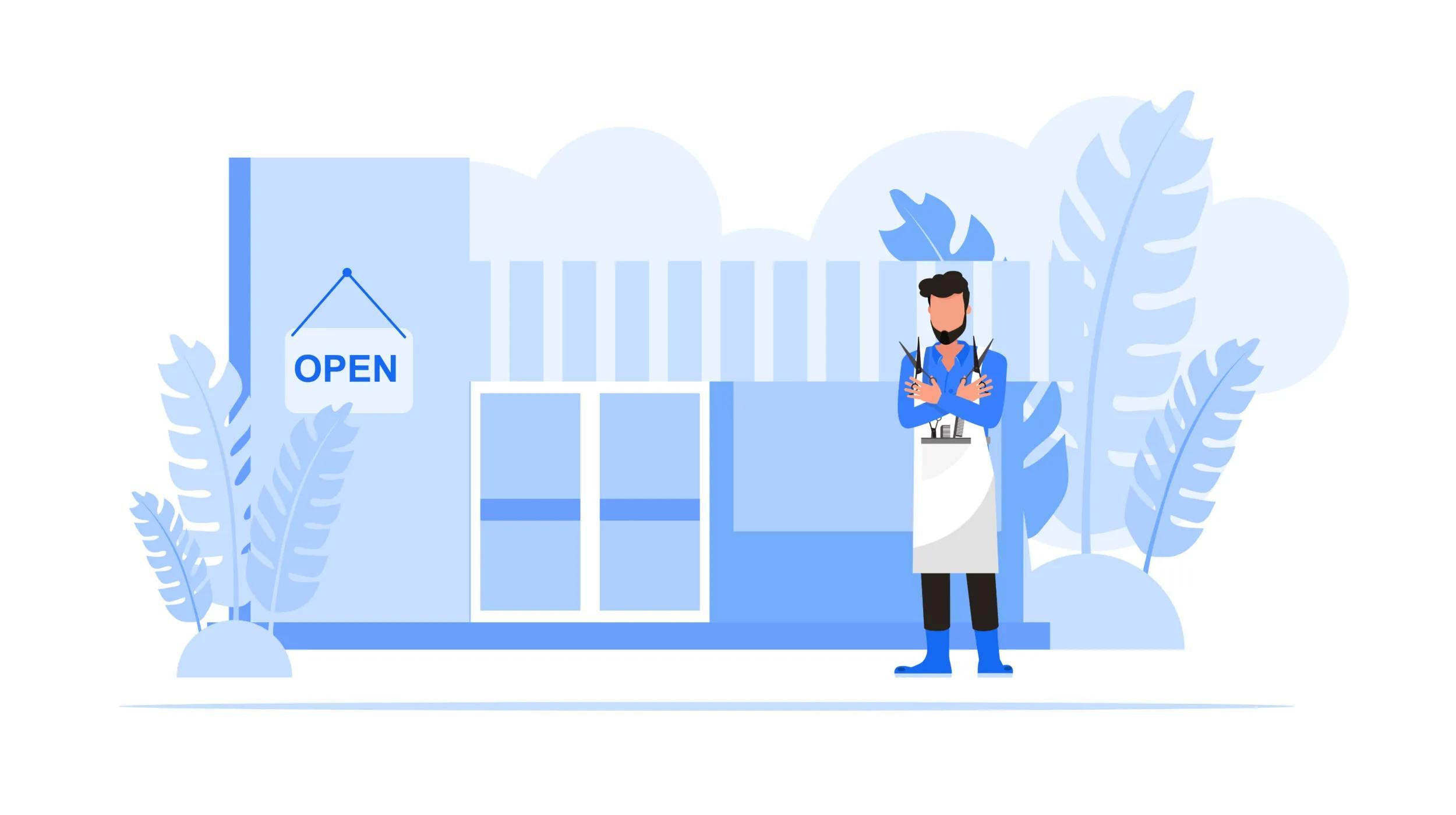Whether you’re working on a new website, building a mobile app, or developing a cloud-based service, a moment might come when you realize you can’t do it all yourself. It may be time to look at hiring developers.
12 tips for hiring developers
With skillsets and price tags ranging all over the place, how can you find the right person at a price you can afford? Although bringing on outside help can seem daunting at first, these 12 tips can help you achieve success when hiring developers:
-
Start with a crystal-clear project scope.
-
Take your time.
-
Determine must-haves vs. nice-to-haves.
-
Ask (and expect) good questions.
-
Ask for examples of previous work.
-
Look for a cultural fit, not just talent.
-
Consider logistics.
-
Be open to change.
-
Take a test drive.
-
Set contractual milestones.
-
Budget and pay appropriately.
-
Put everything in writing.
Ready to get started?
1. Start with a crystal-clear project scope
This part happens before you even begin looking for a coder or designer. Write out exactly what you need built and any parameters, such as particular tools that must be used. Go into extensive detail.
Remember, you’re explaining your vision to a complete stranger.
The scope should also tell the developer how much traffic you’re expecting and which devices and countries users will come from so they can build (and estimate) accordingly.
The more detailed your scope document, the easier it will be with hiring developers and determining the true cost of the project.

2. Take your time
Hire slowly, the saying goes — and for good reason. You might be itching to get your project up and running, but the fastest way to failure is to hurry up and hire the wrong developer. Your hiring process should include a face-to-face screening (via video conferencing if necessary). If you don’t know enough about the technical side of the area you’re hiring for, have someone who does sit in.
3. Determine must-haves vs. nice-to-haves
Rather than hiring developers who match a laundry list of expectations, look for someone who meets your key needs and fits your culture. They can probably learn the rest. For example, must know: HTML5 and JavaScript. Nice to have: GitHub (easily learnable).
While a full-stack developer might be fluent in multiple languages and frameworks, often someone with a narrower skill set will cost less and still meet your needs.
4. Ask (and expect) good questions
Ask questions that reveal adaptability and performance rather than trivial knowledge. Who cares if they know who invented JavaScript?
Good questions include:
- How many of your clients are repeat clients?
- What do you do to keep your skills up to date?
- What are your strongest/weakest areas of web development?
This actually goes both ways. The developer should ask you good questions as well. For example, what are you trying to accomplish with feature X?
For a custom website, try GoDaddy web design and development services.
5. Ask for examples of previous work
All candidates will have strengths and weaknesses. See if the type of work the candidate had done in the past matches your needs. This also gives you an idea of what they are capable of. Be sure to check the candidate’s portfolio. A developer might proudly offer a link to you, only for you to find the example projects are none too impressive or even bug ridden.
6. Look for a cultural fit, not just talent
Good work is produced by teams, and prima donnas or coding “rockstars” can disrupt an entire team and throw the project off track, even if the team is just you and the outside developer. Are you looking for someone who will be largely self-directed or someone who will work as a teammate? These are often different people.
7. Remember to consider logistics
When hiring developers overseas or across the country, time differences can complicate communications, so it’s important to plan around them in advance. For example, is the candidate willing to be available for a Skype session at a time that works for you? Are you willing to navigate imperfect English?
Many excellent developers don’t speak English natively, but know enough to communicate at an acceptable level.
8. Be open to change
Listen to what the developer tells you. You might find out your budget is inadequate or there’s a better way to accomplish your goal. You’re looking for a sharp mind, not just fingers that can pound out code.
9. Take a test drive

When possible, give the candidate a test drive on a small, non-critical project that takes a maximum of three or four hours to complete. Do they deliver it on time? Is the finished project solid or buggy? How well did the developer communicate while working on it?
10. Set contractual milestones
The process for hiring developers should include milestones that give either party the ability to terminate the contract at those points. For example, set a deadline to receive wireframes.
If they don’t arrive on time or you don’t like what you receive (whether due to poor communication on your part or something on their end), you have the option to pay the developer for work completed and end the contract there or give them a chance to fix it.
11. Budget and pay appropriately
Developer pay is a bad place to try to scrimp and save. Research the market rate for what you need, and ensure you have proper funding to meet or exceed that. According to Upwork, the hourly rate for a basic one-page site runs from $15 to $40+.
Developers who custom code a multi-page site from the ground up charge $75 to $150+ per hour. Don’t expect a developer to do extra work — such as implement changes or perform maintenance — without extra pay. If you can’t afford the projected cost, consider trimming features or reducing scope for the first version of your project.
12. Put everything in writing
Discussing things over the phone or video chat is fine. But afterward, write down things you agreed to and confirm via email. This is the best way to ensure everyone is on the same page.
Landing the ideal developer or designer for your whiz-bang project starts with a carefully-developed scope and concludes with a written, mutually satisfactory agreement.
Detailed communication is the key to success, before, during and after.







